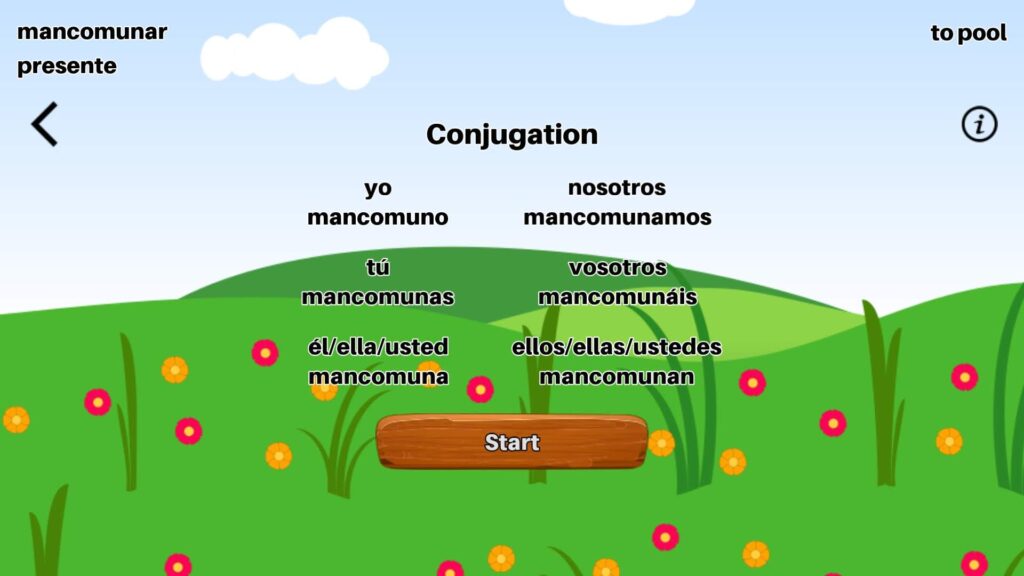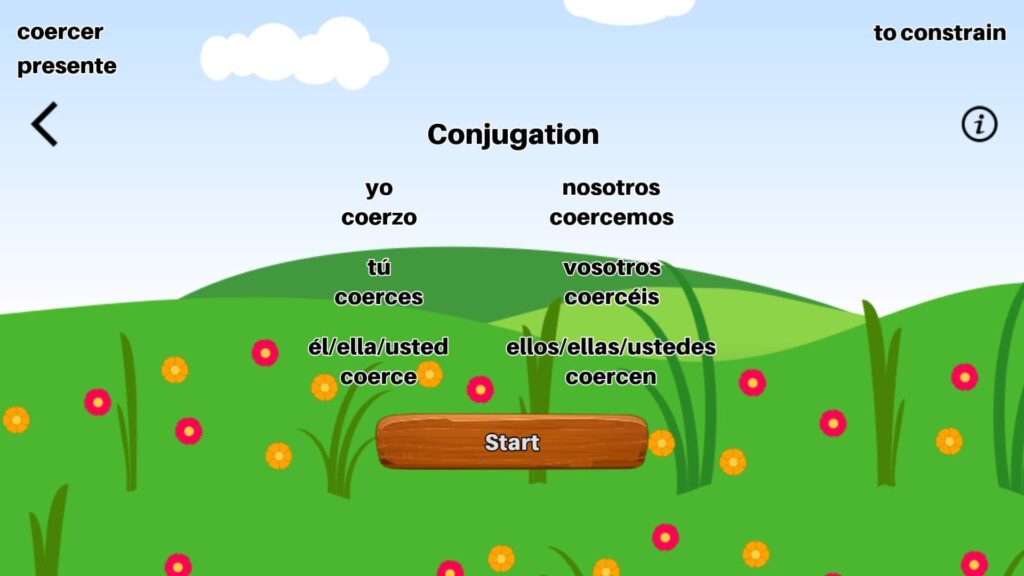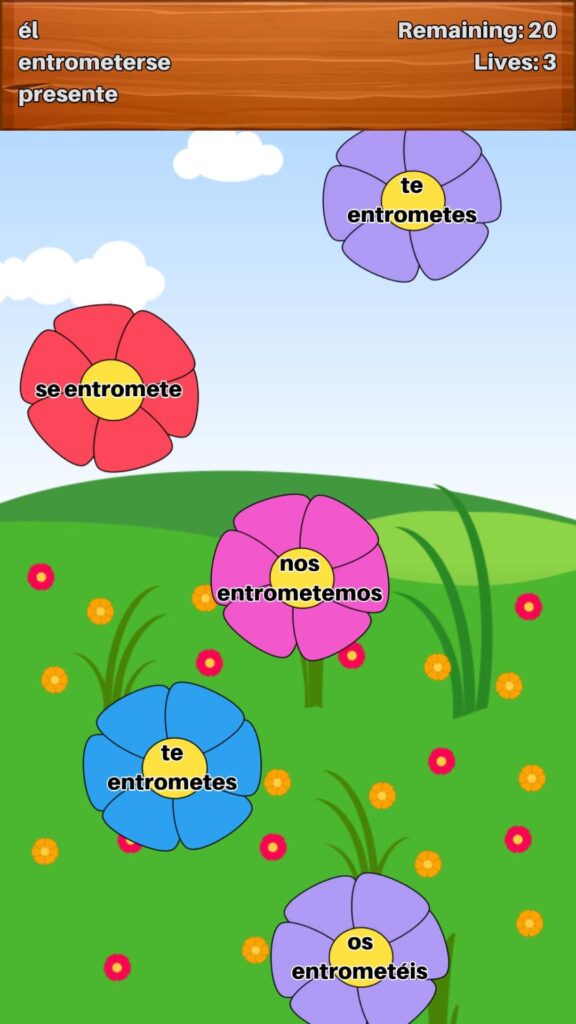Hola, Conjugation Champions!
Ready to bring some fun and unity to your Spanish learning? Today’s verb of the day is mancomunar, which means “to pool” or “to unite“. Whether you’re pooling resources for a party or uniting forces to tackle a group project, “mancomunar” is the perfect verb to add to your repertoire. Let’s dive into its conjugation, uses, and some humorous examples!
📖 Definition and Meaning
Mancomunar: To pool, to unite, to combine efforts.
Example: Decidimos mancomunar nuestros ahorros para comprar una piscina. (We decided to pool our savings to buy a pool.)
🌟 Present Tense Conjugation

🌟 Usage Tips
- Pooling Resources: Use “mancomunar” when talking about pooling resources or efforts.
- Uniting Forces: Perfect for describing the action of uniting or combining forces for a common goal.
- Pronunciation: Stress the fourth syllable: man-co-MU-nar.
💬 Sentence Practice
- Present Tense: Siempre mancomunamos nuestros esfuerzos para lograr mejores resultados. (We always pool our efforts to achieve better results.)
- Preterite Tense: Ayer mancomunamos nuestras ideas y creamos un plan increíble. (Yesterday we united our ideas and created an amazing plan.)
- Imperfect Tense: Mancomunábamos recursos cada verano para las vacaciones familiares. (We used to pool resources every summer for family vacations.)
😂 Fun Example Sentence
- English: They decided to pool their money to buy an inflatable pool for the dog.
- Spanish: Decidieron mancomunar su dinero para comprar una piscina inflable para el perro.
Who knew learning Spanish could be this entertaining? Keep practicing, and you’ll be mancomunando your language skills with ease! ¡Hasta mañana!
Stay tuned for tomorrow’s verb and enjoy your day!
Saludos,
Daniela from the DOMA Games team











